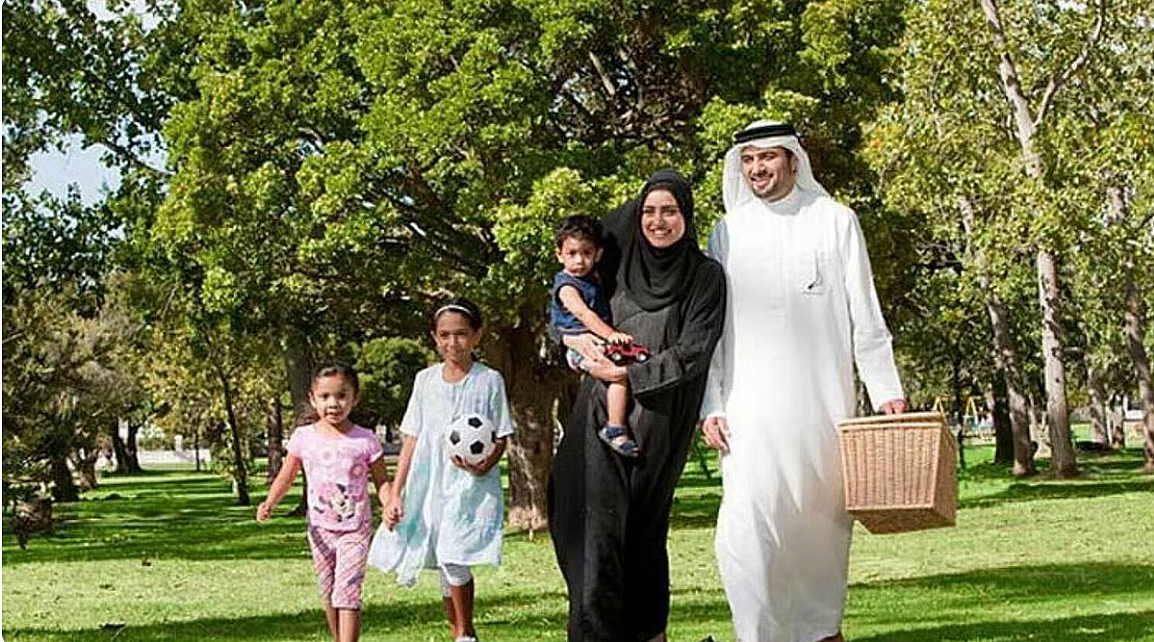
Flexible Work, Marriage Leave: UAE Rolls Out Benefits For Parents Ahead Of 'Year Of Family'
As the UAE officially designates 2026 as the 'Year of the Family', local governments across the Emirates are already implementing forward-thinking policies aimed at supporting working parents and strengthening the modern family unit.
The focus is on integrating family responsibilities with professional life while empowering parents through flexibility and enhanced support.
Recommended For YouAjman's comprehensive HR overhaul
Ajman has positioned itself at the forefront with a comprehensive new Human Resources law for government employees. The reforms aim to provide a safety net for working families while promoting flexibility and wellbeing.
Stay up to date with the latest news. Follow KT on WhatsApp Channels.
Key provisions include:- Flexible work and remote options: Employees can now benefit from flexible working hours and remote work opportunities, allowing better balance between personal and professional commitments.
Enhanced family leave: The law features extensive family leave provisions, including enhanced maternity and paternity leave, marriage leave, childcare leave, and bereavement leave, underlining the Emirate's commitment to employee wellbeing. Support for mothers: Employees who are pregnant or raising five or more children are set to benefit from additional work-hour flexibility
In a move to support the formation and stability of new families, both Dubai and Sharjah have introduced paid marriage leave policies for their government employees.
The Dubai government launched an initiative offering 10 working days of fully paid marriage leave to Emirati nationals, effective from the beginning of 2025. This policy includes all salary allowances, providing significant support to couples starting their lives together.
Meanwhile, Sharjah Executive Council approved a new human resources decree that includes an eight-day paid marriage leave for government employees.
Sharjah has also introduced a unique provision known as“Care Leave,” which is granted to female employees who give birth to a sick child or a child with disabilities requiring a constant companion, ensuring mothers have the necessary time and support.
Abu Dhabi's progressive Civil Family LawWhile other emirates focus on workplace policies, Abu Dhabi has spearheaded social and civil family law reforms, particularly for its non-Muslim expatriate community.
The emirate's 2021 Civil Family Law introduced a secular alternative to Sharia-based personal status laws, offering comprehensive civil options for marriage, divorce and custody.
Key features include:
- Civil marriage: Legal registration of marriages for non-Muslim residents.
Divorce and custody: A non-fault divorce process and equal custody rights for both parents, including the ability to apply for child relocation.
The emirate has also seen progressive updates in specific jurisdictions, such as the Abu Dhabi Global Market (ADGM), where employment regulations were recently amended to extend maternity leave rights to female employees who adopt a child under five years old, or who experience a stillbirth or miscarriage after 24 weeks.
This move aligns with global best practices and provides a crucial safety net for working mothers in the financial free zone.
For all Abu Dhabi government employees, the standard remains a generous 90 days of fully paid maternity leave.
Federal framework and future outlookThese initiatives build upon the foundation of federal reforms, which have already introduced significant changes to the national labour law.
The federal law grants all working parents five days of paid parental leave to be taken within the first six months of the child's birth, a crucial step in promoting shared parental responsibility.
Furthermore, the broader federal Personal Status Law reforms have introduced changes that affect all residents, including:
- Extended custody: Extending child custody to the age of 18.
Child's choice: Allowing children aged 15 and above to choose which parent they wish to live with. Equal travel rights: Granting both parents equal travel rights for their children.

Legal Disclaimer:
MENAFN provides the
information “as is” without warranty of any kind. We do not accept
any responsibility or liability for the accuracy, content, images,
videos, licenses, completeness, legality, or reliability of the information
contained in this article. If you have any complaints or copyright
issues related to this article, kindly contact the provider above.

















Comments
No comment